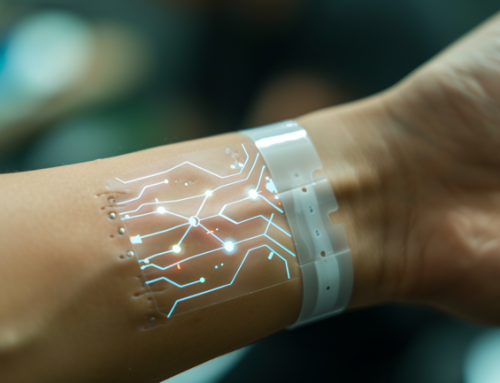06 September 2021
SINTEC project research activities are part of a new article published on “Sensors” journal entitled ” Reliability and Validity of the CORE Sensor to Assess Core Body Temperature During Cycling Exercise”. The paper has been written by our project partners Matej Supej, Nina Verdel and Hans-Christer Holmberg, with the collaboration of Tim Podlogar, Urša Ciuha and Tadej Debevec.
Abstract:
Monitoring core body temperature (Tc) during training and competitions, especially in a hot environment, can help enhance an athlete’s performance, as well as lower the risk for heat stroke. Accordingly, a noninvasive sensor that allows reliable monitoring of Tc would be highly beneficial in this context. One such novel non‐invasive sensor was recently introduced onto the market (CORE, greenTEG, Rümlang, Switzerland), but, to our knowledge, a validation study of this device has not yet been reported. Therefore, the purpose of this study was to evaluate the validity and reliability of the CORE sensor. In Study I, 12 males were subjected to a low‐to‐moderate heat load by performing, on two separate occasions several days apart, two identical 60‐min bouts of steady‐state cycling in the laboratory at 19 °C and 30% relative humidity. In Study II, 13 males were subjected to moderate‐to‐high heat load by performing 90 min of cycling in the laboratory at 31 °C and 39% relative humidity. In both cases the core body temperatures indicated by the CORE sensor were compared to the corresponding values obtained using a rectal sensor (Trec). The first major finding was that the reliability of the CORE sensor is acceptable, since the mean bias between the two identical trials of exercise (0.02 °C) was not statistically significant. However, under both levels of heat load, the body temperature indicated by the CORE sensor did not agree well with Trec, with approximately 50% of all paired measurements differing by more than the predefined threshold for validity of ≤ 0.3 °C. In conclusion, the results obtained do not support the manufacturer’s claim that the CORE sensor provides a valid measure of core body temperature.








Leave A Comment